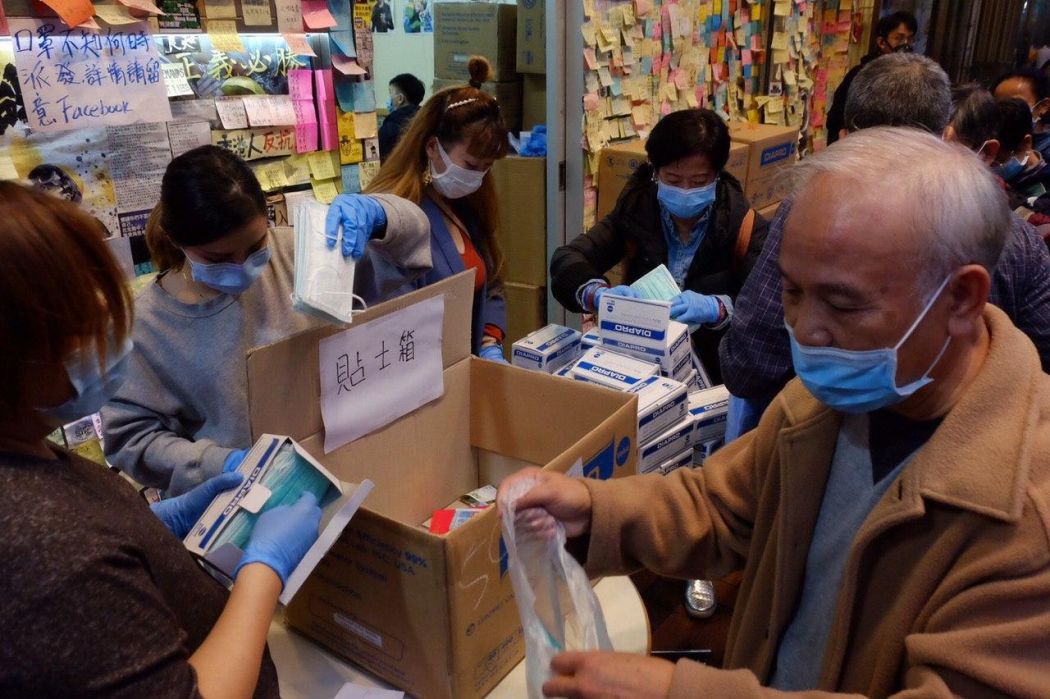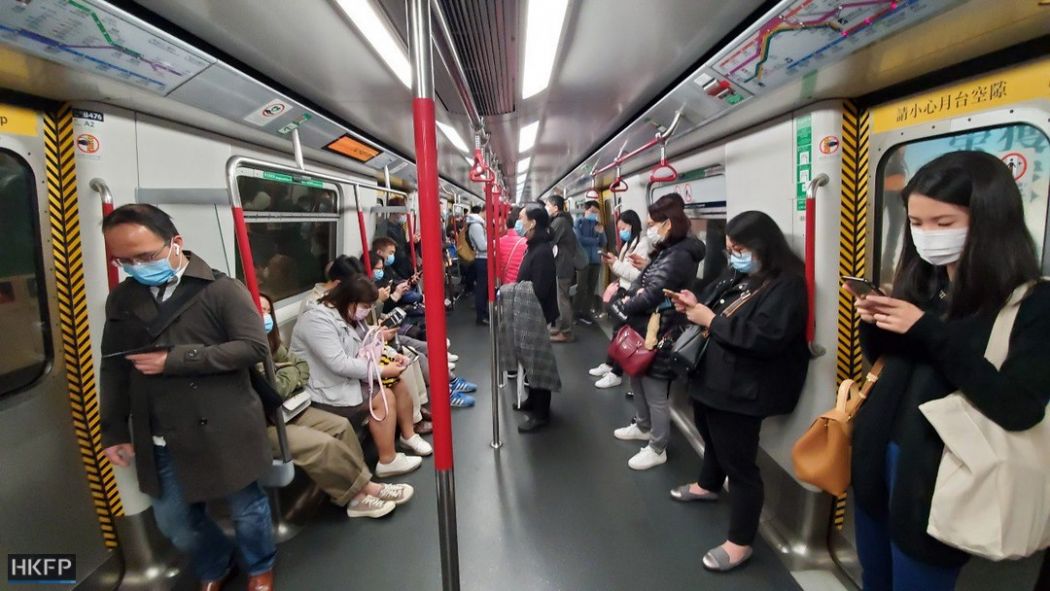Epidemics intensify existing structural injustices and marginalisation. Amid the mask shortage and panic buying of cleaning supplies in Hong Kong, marginalised communities like ethnic minorities, disabled people, the elderly, poor families, and street cleaners are the most harmed. Their social positions render them more vulnerable not only to infections, but also to further stigmatisation and marginalisation by the mainstream society.
The struggles these communities face highlight the ways in which different forms of marginalisation are connected to one another in intersecting systems of power. By acknowledging the links between these forms of injustice, we can help cultivate solidarity and coalitions across different communities.

Intersectionality is a concept coined by black feminists in the U.S., such as Kimberlé Crenshaw and Patricia Hill Collins, to illustrate the ways in which social markers, such as race, gender and class interdependently influence one’s experience in the world, particularly in ways that marginalise them. For example, a queer working-class woman is likely to face more interlocking systems of oppression and discrimination than a woman who is queer but middle-class.
The sociopolitical and economic burden each person experiences is compounded by each of the marginalised positions they occupy. Borrowing the concept of intersectionality to understand the austerity created by the mask shortage in Hong Kong allows us to see more clearly how existing systems limit the lives of people at the intersections of marginalisation.

As the price of surgical masks skyrocketed to over HK$10 per mask in some stores, working-class families and poor elderly people were no longer able to afford a new everyday necessity to go out in public. A recent survey conducted by the Society for Community Organisation found that close to 70 per cent of low-income families found themselves unable to pay for disinfectants and viral protection items, like masks.
When they run out of masks, people either stay at home or attempt to disinfect used masks by washing and steaming them. While the former can be detrimental to mental health, as most low-income individuals and families have poor living conditions, the latter renders the masks ineffective in protecting the wearers against germs.
While street cleaners and janitors are at risk of being infected because of the nature of their work, many of them are not given enough protective supplies by their employers. Nor can they afford to buy more for themselves. Because skipping work and working from home are not feasible for this group — or for most working-class people — they are exposed to more risks than they are being compensated for by their wages.

In addition to frontline workers like cleaners, ethnic minorities in Hong Kong also tend to be low-income. Hence, they are disproportionately affected by the mask shortage and the surge in prices.
In addition, since most public health announcements are written in Chinese, ethnic minorities who cannot read Chinese are left in the dark about where to acquire more masks, and how they can best protect themselves against the virus. Among the ethnic minority communities, first-generation immigrants and the elderly are impacted the most because of language barriers and their lack of access to digital technology.
While small businesses, political parties, and non-profits periodically distribute free masks to the community, not everyone hears about this. Poor families and elderly folk who do not have Internet access or lack digital knowledge often miss out on these opportunities.
People with disabilities and chronic illnesses are also placed at a higher disadvantage. Not only are they unable to stay in long lines, sometimes overnight, to obtain face masks, some are unable to attend their medical appointments because they have already run out of masks, and hence lack the necessary protection to go to hospital.
Fortunately, organisations like Fixing HK and Christian Concerns for the Homeless Association collect donated masks and through their outreach effort, distribute them directly to those who are marginalised by multiple social factors.

Finally, the mask shortage also highlights the injustice in the prison industrial complex that exploits the labour of incarcerated people. Currently, the Hong Kong government has tasked female inmates under the Correctional Services Department (CSD) to produce up to 180,000 facemasks. To alleviate the shortage, inmates have been ordered to work around the clock.
Inmates who are chosen to work overnight shifts cannot ask for reassignment without repercussions, despite the physical toll the labour takes on their bodies. An informant from the prison has observed that ethnic minorities who do not speak fluent Chinese and English, and inmates who are from rural China, are more frequently tasked with working overtime.
While the CSD has policies for remuneration for overtime work, inmates who work on the mask production line in fact experience a decrease in their wages.
Epidemics, like most public crises, bring to light existing systems of oppression and marginalisation. By examining the connections across the struggles faced by these various communities during the current mask shortage, we can reflect not only on their experiences during the coronavirus outbreak, but also ways in which we can help create grassroots movements and coalitions to improve everyone’s quality of life.
